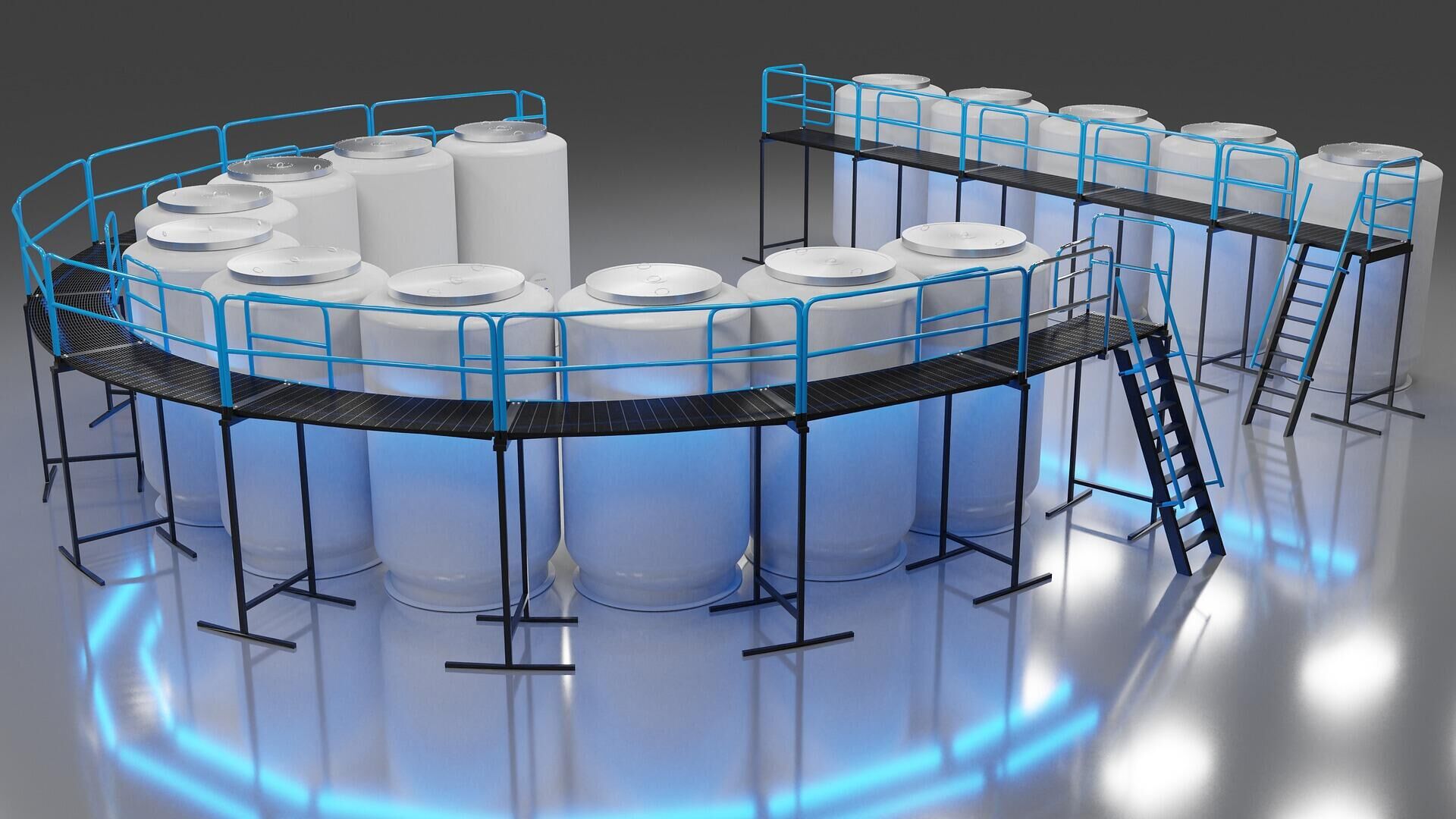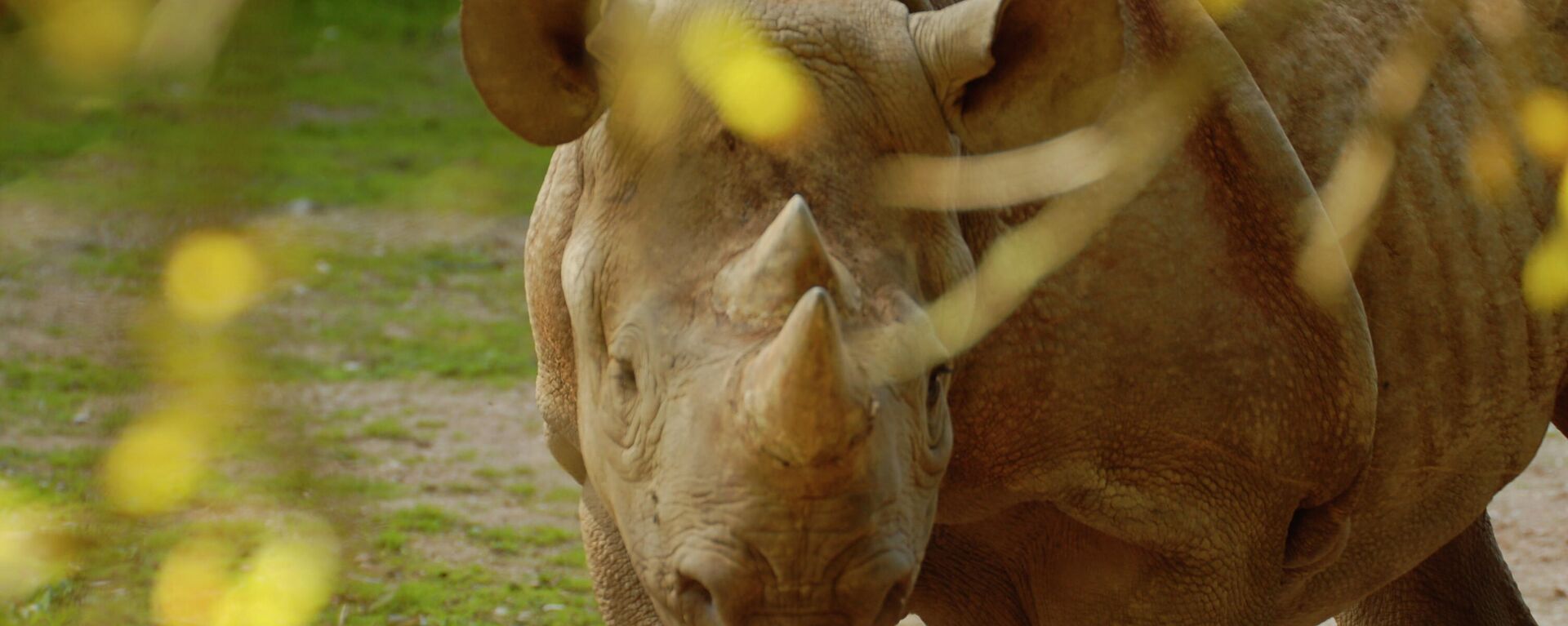Young Men 'The Most Keen' on Cryogenics or Cloning to Attain Immortality, UK Study Shows
14:57 GMT 05.06.2022 (Updated: 14:07 GMT 14.02.2023)

Subscribe
The research was carried out as part of a project by Theos think-tank and The Faraday Institute for Science and Religion, seeking to analyse the present-day understanding of science and religion and how it reflected on people’s view of the idea of "scientific immortality".
While billionaires like Jeff Bezos and Peter Thiel are funnelling investments into how to delay or halt ageing and biotech companies such as Altos and Unity Biotechnology are looking to “defeat death,” not everyone is as keen on eternal life.
The idea of so-called “scientific immortality” has been rejected by 60 percent of respondents in a recent survey, with no more than 19 percent in favour.
The YouGov survey was commissioned as part of the project 'Science and religion: reframing the conversation' undertaken by the Theos think-tank and The Faraday Institute for Science and Religion.
It posed a number of questions and statements to a nationally representative sample of 5,000 UK adults. Also as part of the study, that spanned three years, a research team interviewed more than 100 leading experts on the issues of science and religion. The results, published on the Theos site, revealed:
Men are consistently more in favour of “scientific immortality” than women.
The younger you are the more likely you are to want to live forever by “scientific” means.
Non-religious individuals tend to feel the attraction of scientific immortality slightly stronger. Accordingly, the more people participate in religious practices, such as attending religious services, praying and reading holy texts, the less likely they are to covet the notion of living forever by “scientific means".
Being cryogenically frozen appealed more to younger men, with women and older individuals not terribly keen on the proposition. Human cryopreservation will offer people the chance to preserve their bodies at -196°C, with the expectation that “future medical technology may be able to repair the accumulated damage of ageing and disease at the molecular level, and restore the patient to health,” according to Southern Cryonics, Australia’s first cryogenics facility.
Another notion - cloning oneself - was not popular, with an overwhelming number of people surveyed firmly against the idea. However, 11 percent of men said they would like to clone themselves if possible, compared with only 4 percent of women.
Such research into death and immortality is not new: in 2018, YouGov discovered that 9 percent of Britons wanted to live above the age of 200 and a further 17 percent were not prepared to die at all.




